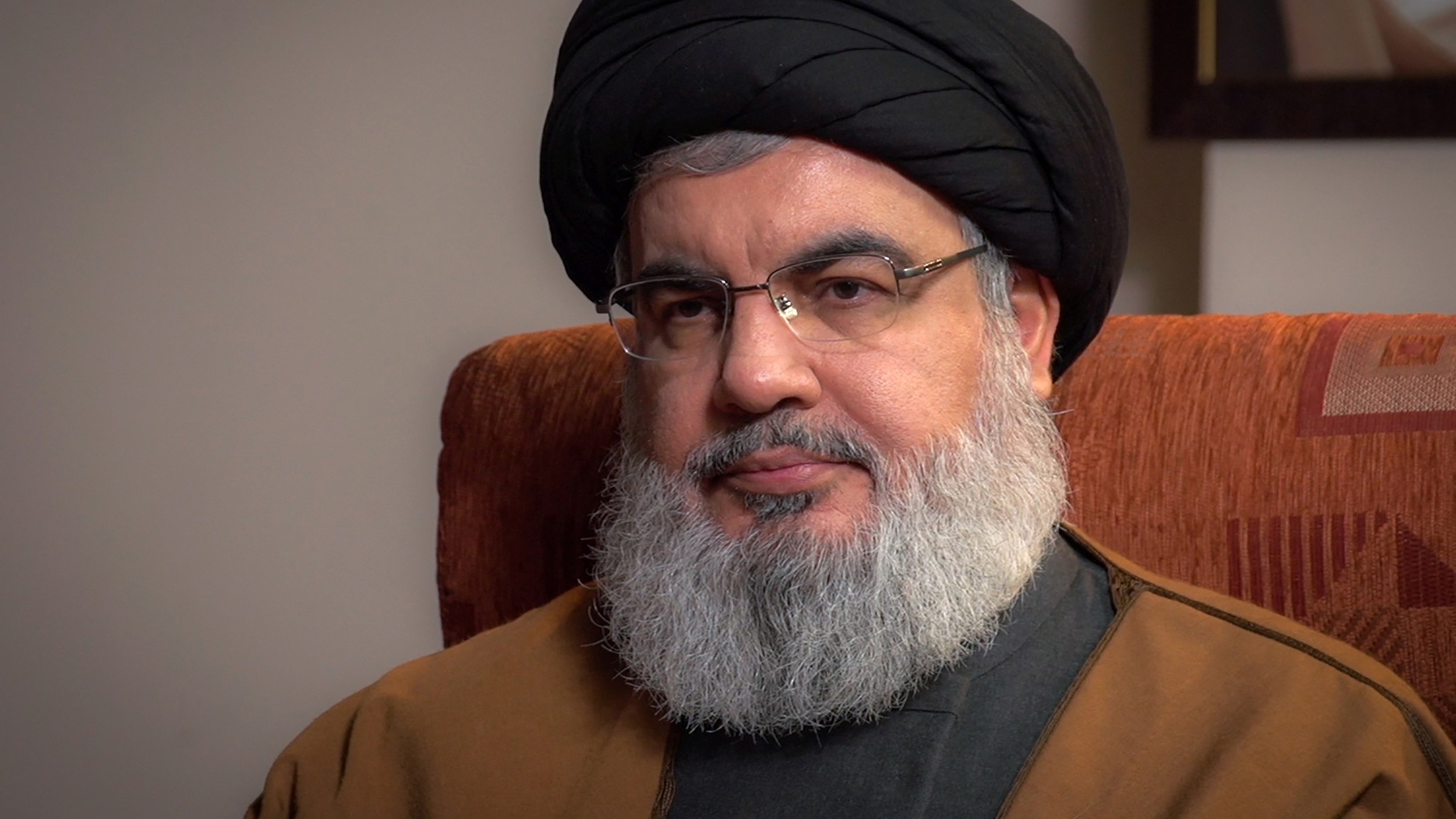The Israeli Army has asserted that Hassan Nasrallah, the leader of the Lebanese militant group Hezbollah, was killed in an airstrike in Beirut on Friday, marking a significant escalation in Israel’s military actions in Lebanon.
The Israel Defense Forces (IDF) stated on X that “Hassan Nasrallah will no longer be able to terrorize the world.” However, Hezbollah has not confirmed these claims, and Iranian media reported that Nasrallah was alive and in a secure location.
The IDF’s statement came hours after a bombing targeted a Beirut neighborhood, and analysts noted increased activity in Washington and Tehran, indicating a heightened response to the situation.
Shaukat Piracha mentioned that regardless of Nasrallah’s status, the attack on Hezbollah’s headquarters and the reported death of his daughter Zainab could provoke further conflict.
In Israel, the potential death of Nasrallah is seen as a major success in its ongoing efforts against hostile regional forces, especially following Hamas’s recent attacks.
Israeli sources claimed that Nasrallah was in a bunker when warplanes struck, destroying six buildings and eliminating several high-ranking Hezbollah officials.
The IDF highlighted the threat posed by Hezbollah, noting its arsenal of over 150,000 rockets aimed at Israeli civilians and urged Lebanese civilians to evacuate areas used by the group. This targeted attack was followed by additional bombings in Beirut, raising fears of an escalating conflict.
Earlier in the week, Israeli operations had already resulted in the deaths of three senior Hezbollah military leaders, contributing to over 700 fatalities among both soldiers and civilians.
The IDF also reported the elimination of Muhammad Ali Ismail, the commander of Hezbollah’s missile unit, and other key commanders present during the strike.










